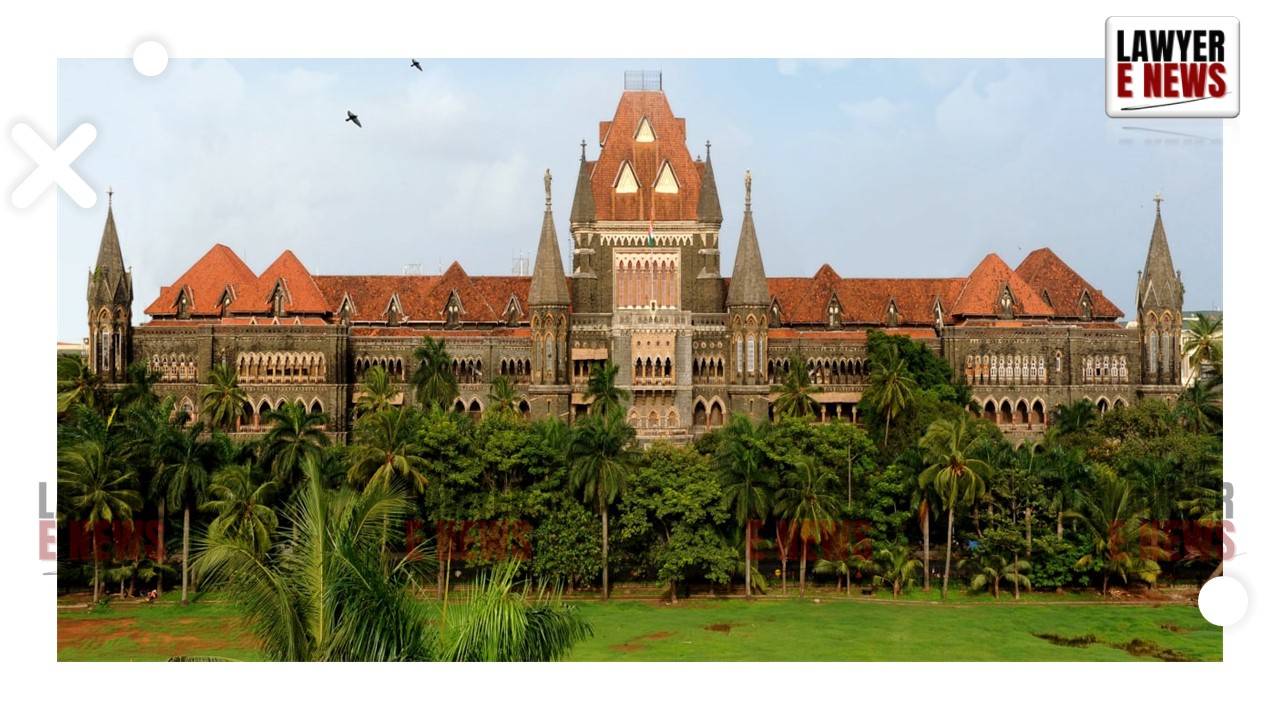-
by Admin
15 February 2026 5:01 PM



In a significant judgment, the Bombay High Court on September 10, 2024, quashed criminal proceedings against Mitesh Ramesh Punmiya, accused of encouraging obscene acts in a Mumbai bar under Sections 294 and 114 of the Indian Penal Code (IPC) and Section 131(aa) of the Maharashtra Police Act. The court held that mere presence at the scene, without evidence of active participation or encouragement, does not constitute an offence under these provisions. The judgment reaffirms the legal standard for proving obscenity-related crimes under Section 294 IPC.
The case arose from a raid conducted on February 18, 2016, at Sea Princess Bar and Restaurant in Mumbai, where the police claimed to have found women performing obscene dances. According to the prosecution, customers, including the petitioner, Mitesh Punmiya, were allegedly encouraging the dancers and throwing currency notes at them. An FIR was lodged under Sections 294 and 114 IPC, along with Section 131(aa) of the Maharashtra Police Act, alleging the promotion of indecent conduct in a public space.
The petitioner challenged the proceedings on the ground that he did not indulge in any obscene act or encourage such acts. The petition sought quashing of Criminal Case No. 61271/PS/2016 pending before the Additional Chief Judicial Magistrate, Mazgaon, Mumbai, asserting that his mere presence in the bar does not meet the legal requirements for prosecution under the mentioned sections.
The central legal issue was whether a person’s mere presence in a bar where obscene acts were being performed could attract liability under Section 294 IPC, which punishes obscene acts in public places. The petitioner’s counsel argued that there was no evidence to show that the petitioner actively participated in or abetted the alleged acts. The prosecution, on the other hand, contended that the petitioner, by his presence, encouraged the obscene acts, thereby making him liable for prosecution.
The court, while interpreting Section 294 IPC, clarified that the provision applies when an individual performs an obscene act or verbally encourages such acts in a public place. Justice Dr. Neela Gokhale, delivering the judgment, pointed out that the prosecution had failed to provide any evidence that the petitioner was involved in any explicit obscene behavior. The court remarked, “To attract the provisions of Section 294 IPC, it is necessary that the accused indulges in an obscene act. There is no material to suggest that the petitioner engaged in any such act.”
The prosecution had also invoked Section 114 IPC, which holds an abettor liable if they are present at the scene of the offence. The court rejected this application, noting that abetment requires an overt act of encouragement or facilitation. The court found no evidence linking the petitioner to any explicit act of abetment, remarking, “The petitioner’s mere presence cannot be construed as abetment in the absence of any specific role or overt act.”
The court referred to earlier decisions in Manish Parshottam Rughwani vs State of Maharashtra and Rushabh Minishkumar Mehta vs State of Maharashtra, where it was held that individuals present in a bar during obscene performances could not be prosecuted without concrete evidence of their involvement. These precedents reinforced the court’s view that the petitioner’s mere presence in the bar was insufficient to establish guilt under Section 294 IPC.
The court further noted that the prosecution’s case was based on general allegations that customers were “encouraging” the dancers. However, the court highlighted the lack of specific evidence tying the petitioner to any encouragement. It stated, “Encouragement, in the legal sense, must involve an external manifestation, such as active participation or direct verbal incitement. No such material exists in this case.”
Based on the above findings, the court quashed the criminal proceedings against the petitioner. The court ruled that no offence under IPC Sections 294 and 114 or Section 131(aa) of the Maharashtra Police Act was made out against the petitioner. The court held, “There is no explicit or implicit material to show the petitioner’s involvement in the alleged offence. The proceedings are accordingly quashed.”
The Bombay High Court's ruling reinforces the principle that mere presence at a scene where obscene acts are being performed does not automatically make a person liable under Section 294 IPC. The court's decision underscores the need for clear evidence of active involvement or encouragement in such cases, providing clarity on the application of Sections 294 and 114 IPC.
Date of Decision: September 10, 2024
Mitesh Ramesh Punmiya vs. State of Maharashtra
